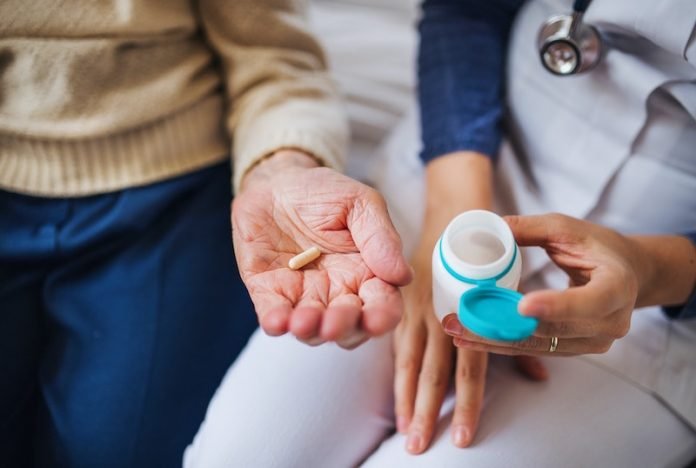
A new clinical trial called DASH, conducted by researchers from the University of Nottingham and Oxford University Hospitals NHS Foundation Trust, is testing the viability of Desmopressin—a drug used for bleeding disorders—to reduce the side effects of blood-thinning medications in stroke patients.
Spontaneous intracerebral hemorrhage (ICH) contributes to approximately 3 million deaths each year worldwide.
Currently, there are no proven effective drug treatments for this condition.
ICH leaves about two-thirds of its survivors dependent on others.
Additionally, one-quarter of patients were using antiplatelet drugs when the incident occurred.
The DASH trial involved stroke patients from 10 UK hospitals who had experienced an ICH while on antiplatelet drugs.
One group of participants was given Desmopressin, while another group was given a placebo, often referred to as a “dummy drug.”
Encouraging Results and Future Prospects
Dr. Michael Desborough, from the Department of Clinical Hematology at the Oxford University Hospitals NHS Foundation Trust, highlighted the importance of the DASH trial results, stating that they could help determine whether Desmopressin might reduce the high risk of death or disability from ICH globally.
Adding to this, Professor Nikola Sprigg, from the Stroke Trials Unit at the University of Nottingham, emphasized the need for a definitive, large-scale trial to ascertain if Desmopressin could improve outcomes for ICH patients who are on antiplatelet therapy.
Takeaways
While the journey to develop effective treatments for ICH is challenging, the DASH trial results represent a promising step forward.
By repurposing existing drugs like Desmopressin, we might potentially mitigate the severe side effects of blood-thinning medications in stroke patients, thereby improving their prognosis and quality of life.
However, further large-scale trials are crucial to validate these findings and ascertain the full potential of Desmopressin for ICH patients.
If you care about stroke, please read studies that diets high in flavonoids could help reduce stroke risk, and MIND diet could slow down cognitive decline after stroke.
For more information about nutrition, please see recent studies about antioxidants that could help reduce the risk of dementia, and tea and coffee may help lower your risk of stroke, and dementia.
The study was published in The Lancet Neurology.
Copyright © 2023 Knowridge Science Report. All rights reserved.



